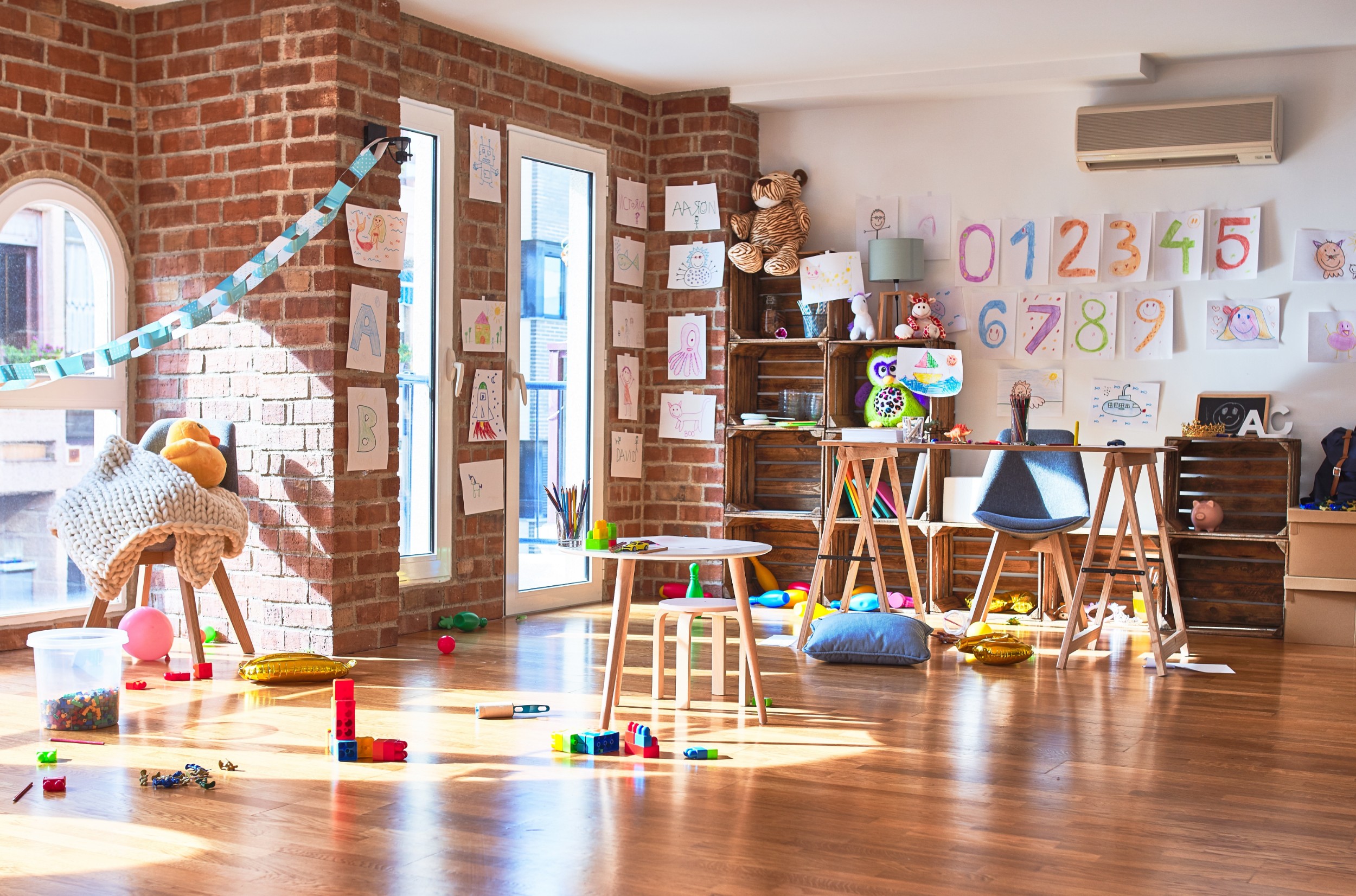
At Ardent, we partner with clients to ensure that transformations are successful by making the learning relevant, addressing challenges, and empowering employees with the tools and knowledge they need to thrive. Last month, my colleague wrote a great blog titled “What Kindergarten Can Teach Us about the Learner Experience.” As the child of a retired Kindergarten teacher, it reminded me there is much we can learn from these original – aka OG – educators on making learning relevant and removing roadblocks during times of transformation and change.
Every year, kindergarten teachers help new students, each with varying backgrounds and skillsets, to start their collaborative educational journeys. Some arrive the first day excited to learn. Others are fearful and homesick. Some come knowing their colors, numbers, and how to tie their shoes. Others do not know how to button their own pants or cut their own food. Some are seasoned preschoolers; for others, the first day of school may be their first day away from home.
My mom would say her primary goal is to ensure her kids leave kindergarten with a love of learning and knowing the basics. These basics not only include knowledge such as their colors and numbers, but also social responsibilities, respect, problem-solving, and self-reliance. Not surprisingly, these same basics are very similar to what World Economic Forum’s Future of Work Report has ranked as top skills needed to work in 2025, including creative thinking, conflict resolution, social relations, and self-management.
There is much we can learn and incorporate about transformation and change from those that work every day to support the development of our youngest learners. Here are a few back to basics nuggets of wisdom from the kindergarten world that are relevant in the working world.
Although a big part of a kindergarten teacher’s job is to analyze and identify the skill levels of their new students to develop solid learning plans, my mother would say that skill level is not the biggest factor to creating successful students. Until you know what drives them, what scares them, what they feel they are good at, and where they lack confidence, you cannot address the real roadblocks to learning and/or ensure the learning is relevant to them.
When it comes to workforce transformations, our process starts with questions designed to empathize and understand the learner’s specific needs and challenges. We work to identify and address these roadblocks to learning to ensure that our solution has the right mix of relevancy in content and delivery.
During the summer, my mother would work tirelessly on lesson plans and a framework on how she might meet the curriculum and district goals for achievement. She did this knowing that she wouldn’t create her implementation plan until she discovered and understood her students’ unique backgrounds. Her goal was to create a framework that she could adapt to the diverse needs of the group so she could foster learning and be adaptive in ways that replace fear with curiosity, hesitation with enthusiasm, conflict with cooperation, complacence with imagination, and reliance with self-management.
This is a concept we greatly support here at Ardent as part of workforce transformations. We develop actionable blueprints that are founded in change management processes to ensure flexibility and successful implementation for the unique needs of the learners.
If you ask any of her former students, they will tell you that my mom, when confronted with the standard “I'm bored” complaint, would respond, “You’re not using your imagination.” This use of imagination in her classroom brought many new activities, developed strong connections in otherwise diverse backgrounds, and expanded the way all her students could look at the world around them.
Imagination is the kingpin of innovation and evolution for the workforce of the future. Every workforce transformation should spark the imagination and drive what could be. We work to ideate learner journeys that reflect the full spectrum of possibilities and allow for unique and personalized ways to interact with the learning.
These Stories on Workforce Transformation
Quick poll: Raise your hand if you like taking compliance training.
I can’t see you, ...
Think about the skills you’ll need during any given workday. In your dynamic, fast-paced workplace, you’re required to pivot, problem solve, collaborate, communicate, ...
We are living through a period of fundamental transformation in the way we live, work, and interact with the world around us. The rise of digital requires us to keep ...
Copyright © 2025 Ardent Learning Inc. All Rights Reserved.